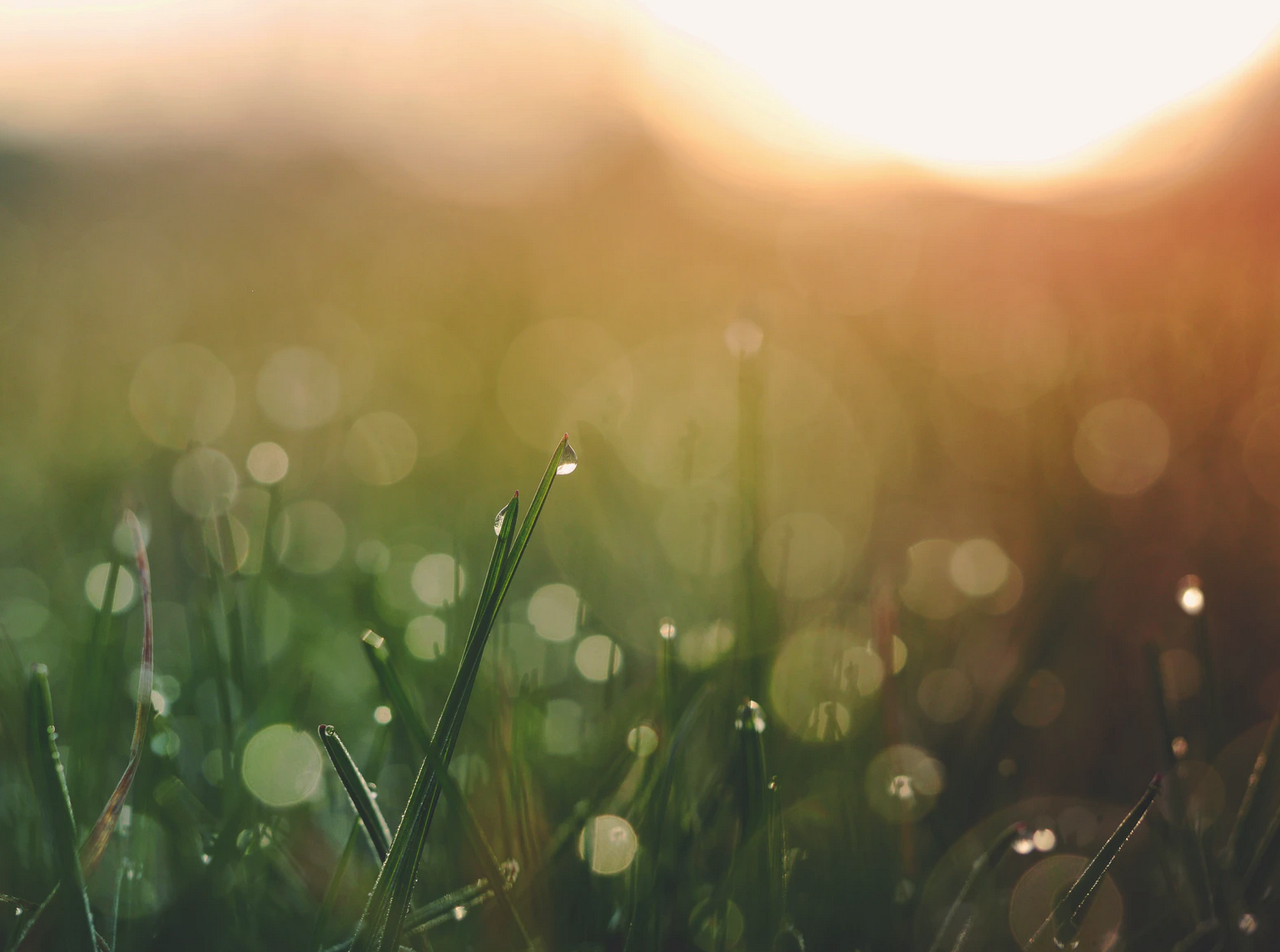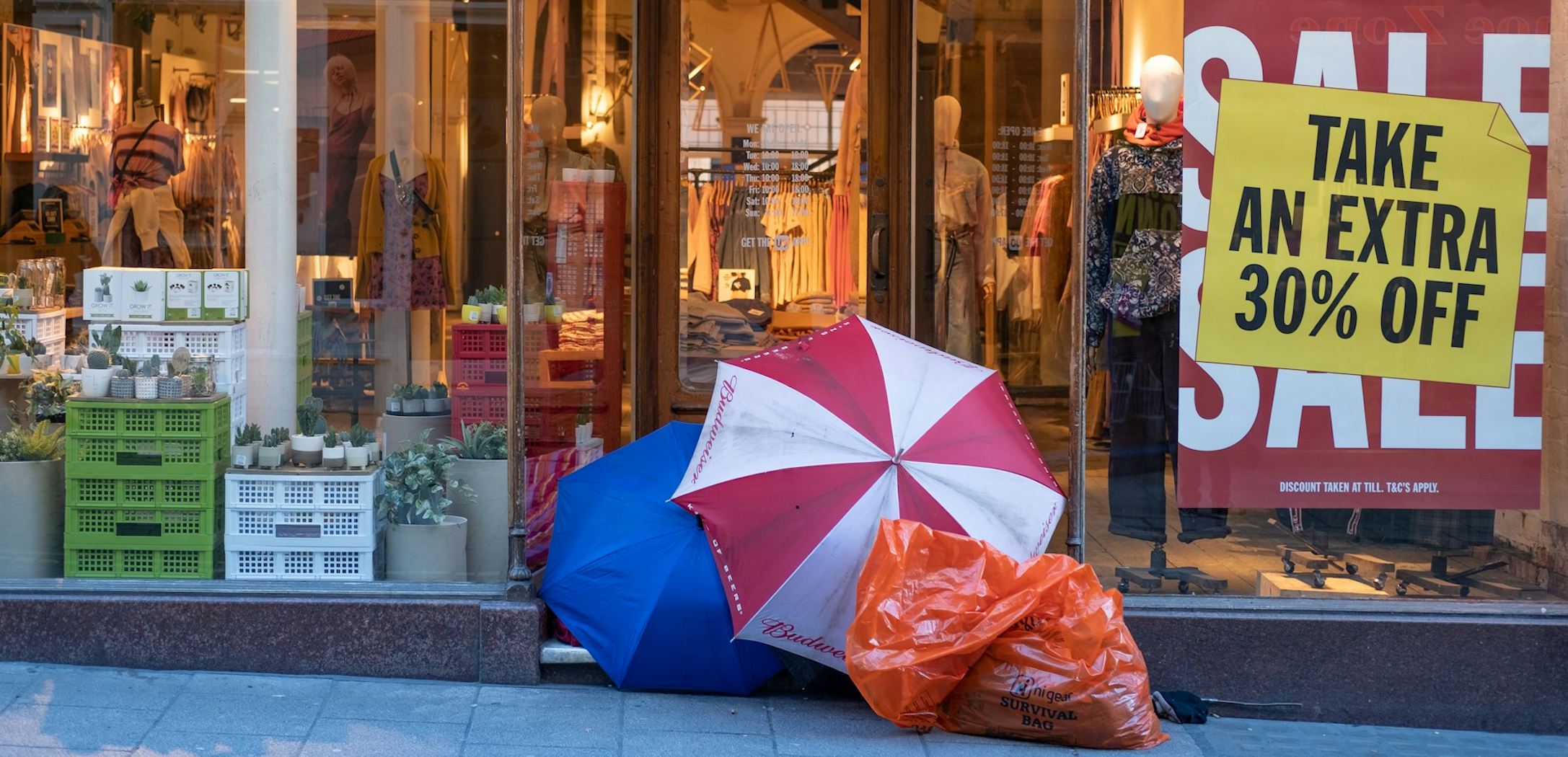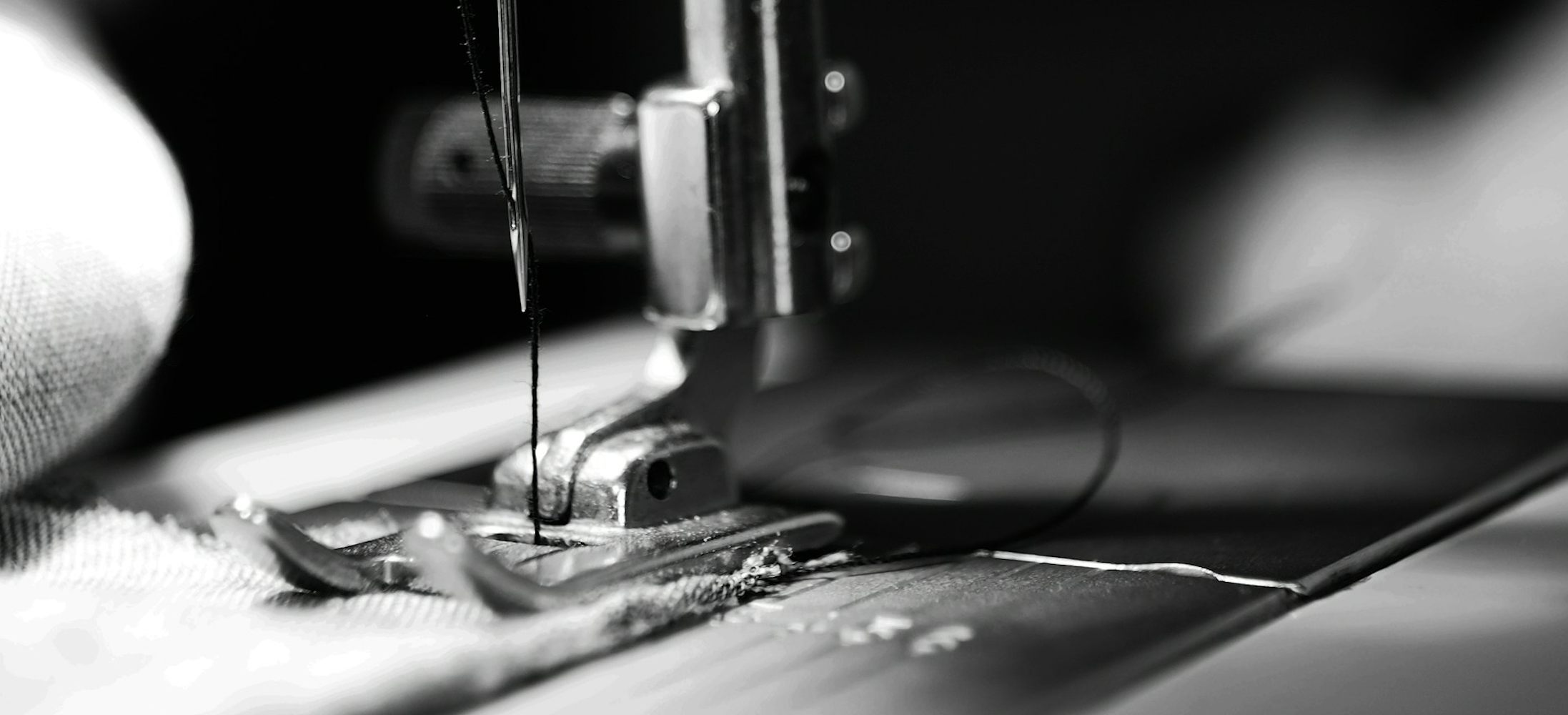
ORGANIC ABC
What does organic mean?
Ecological as an adjective: pertaining to derived from or characteristic of living plants and animals. As a noun, any substance derived from animal or vegetable matter.
Organic farming in terms of cotton production concerns living plants and animals and concerns ecology. When you talk about the ecology of a place, it refers to the pattern and balance of the relationship between plants, animals, people and the environment of that specific place.
Let's start from the very beginning
Organic products, edible or not, come from crops that are grown organically. Organic farming is an approach to production that does not use harmful chemicals; pesticides, insecticides, herbicides and fertilizers.
The aim is to work towards environmentally, socially and economically sustainable production, maintain a close relationship with nature, support and nurture the vital ecosystems.
Pesticides and insecticides
The use of pesticides and insecticides in agriculture is an important issue to look into. These effective but harmful chemicals mark the biggest difference between conventional and organic farming. To understand the consequences of using these products, we must remember that these chemicals were originally invented to kill. Their task was to eradicate unwanted wild plants and animals (such as insects) from the fields - as this would increase the field's production.
Think about it…our ecosystem consists of a diverse and carefully balanced group of plants, insects and animals. What happens when we continuously kill the insects (both the ones we want to get to and the ones it will also go beyond)? We are putting the ecosystem under a lot of pressure. When a part of the ecosystem decreases in number, i.e. insects, then the next chain, (birds for example) start to starve and their numbers start to decrease and so on. It's a downward spiral.
Another very critical consequence of insecticide use is the steep decline in pollinators, which include various kinds of insects, the best known and most important being the honey bee.
Either due to the extinction of wild flowers (in conventional fields and cities) or due to insecticides containing neonicotinoid, also known as neonics, pollinators have seen a devastating effect. Neonic works by attacking pollinators' nerve cells, compromising their behavior and often killing them outright. Neonics are used on more than 140 different types of crops, from apples, tomatoes and wheat to rice and soybeans.
Neonics were invented, sold and widely used from the 1990s. The EU banned the most dangerous neonics in 2018, but not the entire group. And this ban covers EU production, not production outside the EU!
Pollinators are essential to bringing life to the next generation of apple trees, wild strawberries and many other fruits, flowers, grains and vegetables.
And with regard to the efforts to achieve maximum field production; it is contrary to nature and only for the short-term benefit of the persons who benefit from it.
When you grow organically, you get a lower field production, and in general this applies to all crops.
At The Organic Company, we believe that organic farming is the future, it is a must. Conventional agriculture is destructive and should be banned. So we have to deal with the disadvantage, which is a lower field production.
To deal with lower field production, we have highlighted 3 solutions/changes in behaviour:
1. LESS AND BETTER
The Organic Company works with a "less and better" strategy that understands good quality and good functionality without fast fashion or seasonal colors with a focus on promoting alternatives to disposable items. We would like to see this strategy in many more mainstream outlets. We need to realize that many disposable products generally use the same amount of raw materials as recyclable materials, which makes the switch (from disposable to reusable) an important step towards a much better resource management.
Perhaps one day our generations will be known as the "disposable generations" or the "trash generations". Is this how you want to be remembered?
2. FOOD WASTE
In the food industry from harvest to retail (retail itself is not included!) 14% of all food is waste. This number becomes larger when the entire supply chain is included, and an area we need to improve. Did you know that around 1.4 million bananas are thrown away every day in the UK?
References: Organic Authority New Food Magazine Science Daily
3. POSITIVE DEVELOPMENT WITHIN ORGANIC AGRICULTURE
Finally, it is important to look at the development. Over the years, organic farming has improved production with environmentally friendly methods that do not harm the soil.
To emphasize the conventional and thus critical behavior, a UN report recently came out with a devastating message: We have seen the extinction of up to 1 million species and the total biomass has shrunk to 82%, and this has mainly happened in the last decades.
In addition to the above discussion, GOTS certified organic cotton production has lower water consumption and less CO2 emissions compared to conventional cotton farming.
You can read more about this and GOTS certification in other positions.
References: Soil Association The Food and Agriculture Organization Britannica The Guardian The Food and Agriculture Organization Soil Association – Myth busters


